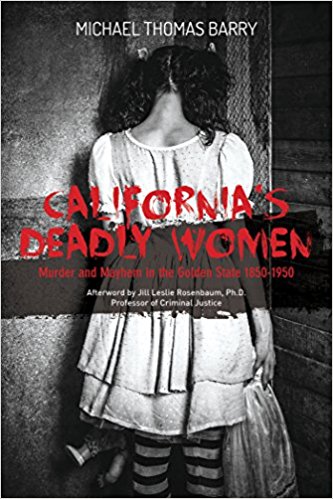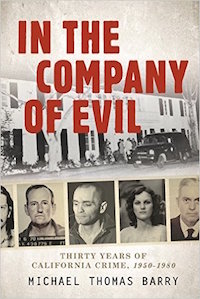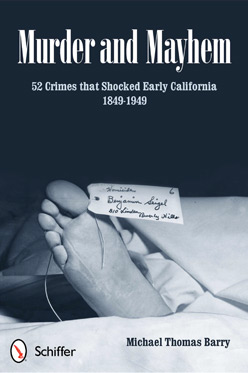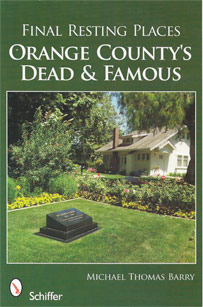11.17
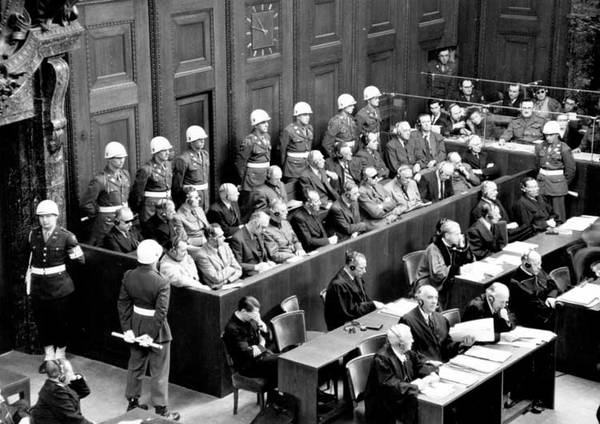
This week (November 17-23) in crime history – Wealthy socialite Barbara Baekland was stabbed to death in London (November 17, 1972); D.C. Sniper John Muhammad was convicted (November 17, 2003); Mass suicide at Jonestown (November 18, 1978); Arrest warrant issued for Michael Jackson (November 18, 2003); Patty Hearst was released on bail (November 18, 1976); Nuremberg War Crimes trials began (November 20, 1945); Phil Spector was inducted for murder (November 20, 2003); Jonathan Pollard was arrested for spying (November 21, 1985); President John F. Kennedy was assassinated (November 22, 1963); Billy the Kid was born (November 23, 1859); Thomas McMahon was sentenced for his role in the assassination of Lord Mountbatten (November 23, 1979)
Highlighted crime of the week –
On November 20, 1945, the International Military Tribunal for the Prosecution of Major War Criminals of the European Axis began at Nuremberg, Germany. Following Germany’s defeat in World War II, Winston Churchill planned to shoot top German and Nazi military leaders without a trial, but Henry Stimson, the U.S. Secretary of War, pushed President Roosevelt to consider holding an international court trial. Since the trial did not begin until after the death of President Roosevelt, President Harry S. Truman appointed Supreme Court Justice Robert Jackson to head the prosecution team. The four countries pressing charges were Great Britain, the United States, Russia, and France.
In his thoughtful opening remarks, Robert Jackson eloquently summarized the significance of the trial. “That four great nations, flushed with victory and stung with injury, stay the hand of vengeance and voluntarily submit their captive enemies to the judgment of law,” said Jackson, “is one of the significant tributes that power has ever paid to reason.”
The trials attempted to hold Nazi and German military officials accountable for atrocities including the massacre of 30,000 Russians during the German invasion and the massacre of thousands of others in the Warsaw Ghetto. Twenty-four defendants were tried, including Hermann Goering, the designated successor to Hitler, and Rudolf Hess, Hitler’s personal secretary. All defendants pleaded not guilty to the charges. When one of the defendants demanded that an anti-Semitic lawyer represent him, an ex-Nazi was assigned to his defense.
Because of the mountains of evidence and the many languages spoken by the defendants and prosecutors, the trial was beset with logistical problems. During the proceedings, Rudolf Hess feigned amnesia to escape responsibility. Though many expected the most excitement to arise from the cross-examination of Hermann Goering, his testimony was a letdown: he was even attacked by his fellow defendants for refusing to take responsibility for anything. Nineteen defendants were convicted: 12 were sentenced to hang, and the rest were sent to prison. One man escaped the hanging by remaining at large while Goering escaped by committing suicide. On October 16, 1946, 10 Nazi officials were hanged.
Check back every Monday for a new installment of “This Week in Crime History.”
Michael Thomas Barry is a columnist for www.crimemagazine.com and is the author of the award winning Murder and Mayhem: 52 Crimes that shocked Early California, 1849-1949.

